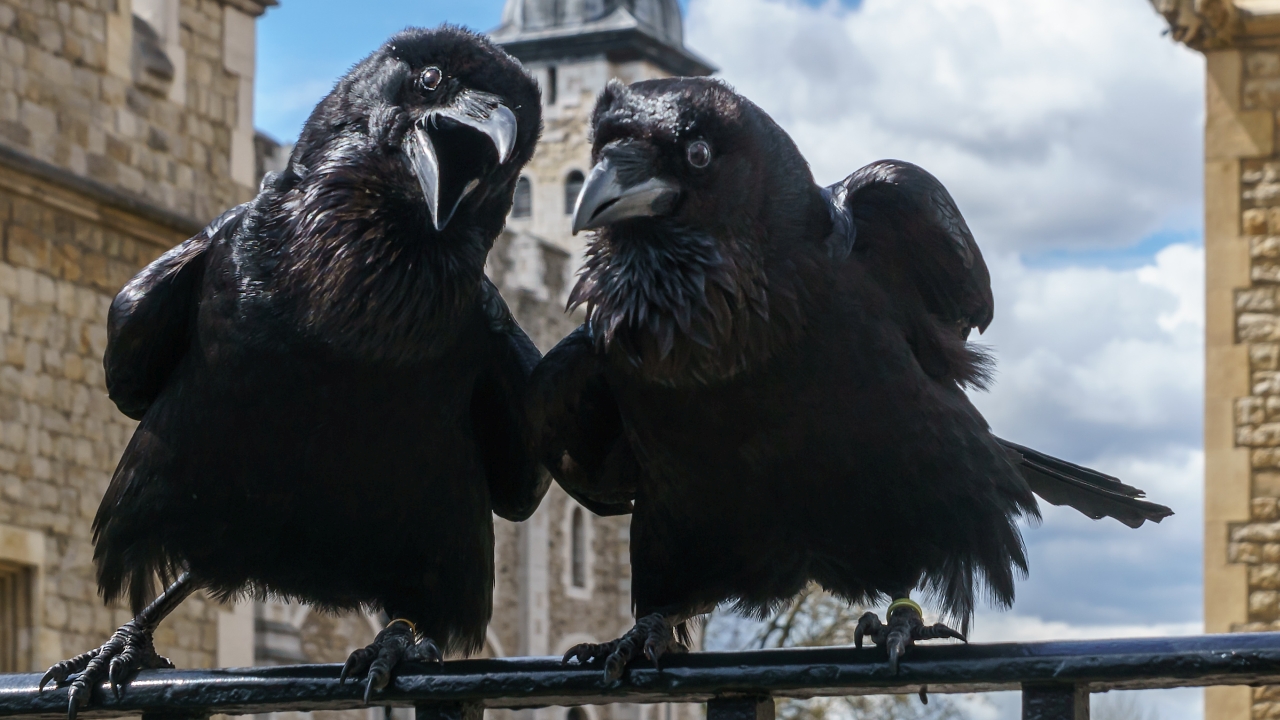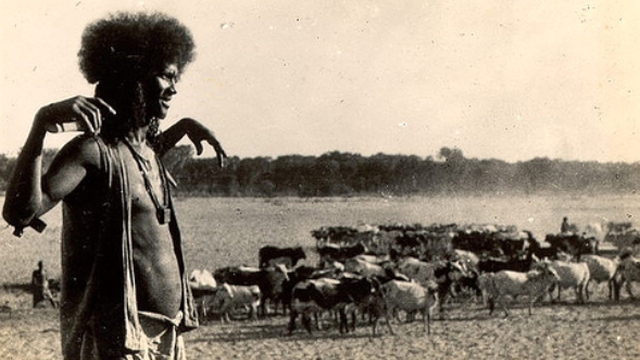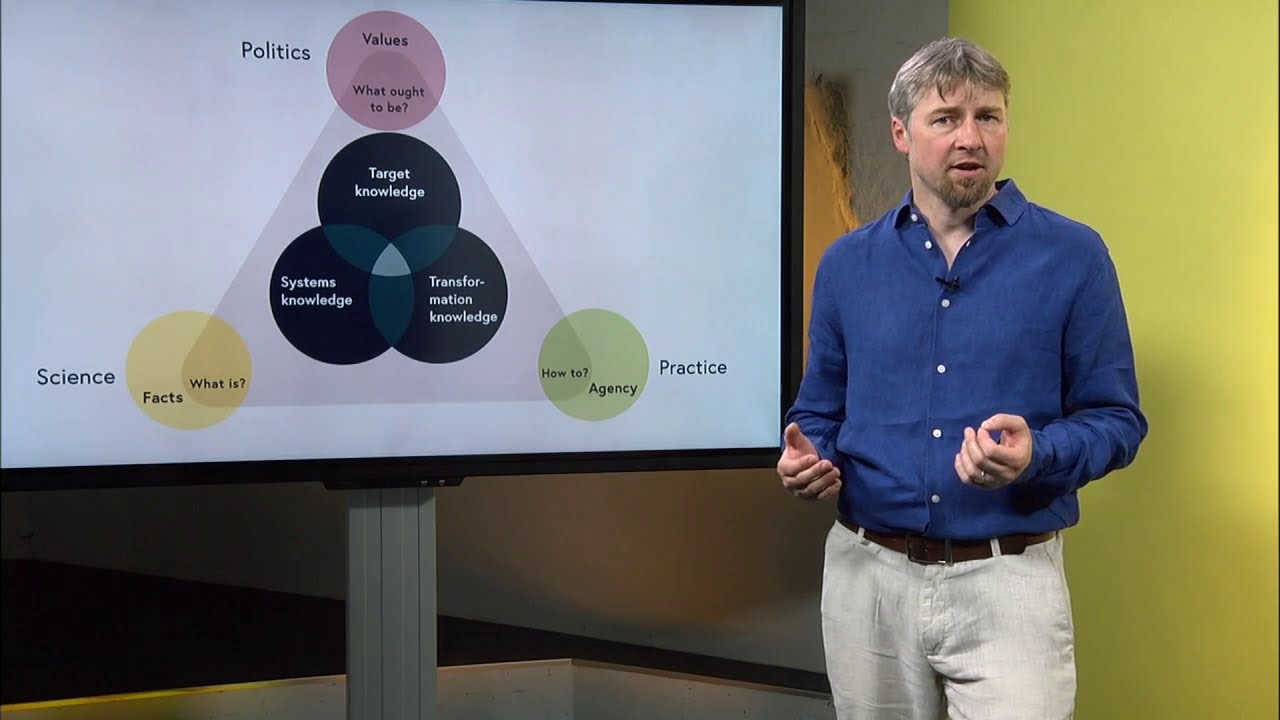
Can only humans have knowledge?
Is it only humans that can possess knowledge? There’s a widely held view that computers can’t have knowledge: that a computer can only hold information, while it is the humans who programmed the computer who have the knowledge. However, Stephen Bounds rejects this notion in a blog post, putting forward the examples of Siri, Cortana, Watson and Waymo (formerly Google Self-Driving Cars), and arguing that:
The AKI model of David Williams correctly, in my view, explicitly ties knowledge to action. Any system that can perform autonomous actions in response to environmental cues is knowledgeable. The structures (biological, mechanical, and/or electronic) that determine responses are its knowledge.
This action-based conceptualisation of knowledge is consistent with the Oxford Dictionaries definition:
knowledge (NOUN)
- Facts, information, and skills acquired through experience or education; the theoretical or practical understanding of a subject
- Awareness or familiarity gained by experience of a fact or situation
As well as computers being able to have knowledge, an overwhelming body of evidence is emerging in support of non-human animals being able to possess “knowledge”.
Animals can perform autonomous actions in response to environmental cues, and so be described as knowledgeable using Stephen’s conceptualisation. Animals can also acquire skills through experience and education and gain awareness and familiarity from their experience of situations, so can be described as having knowledge according to the Oxford Dictionaries definition.
Two recent articles in The Conversation discuss the supporting evidence.
In the article Are animals as smart, or as dumb, as we think they are?, Clint J Perry, a Postdoctoral Research Fellow in the Department of Biological Sciences at Macquarie University, discusses the tool-making skills of some animals, for example crows can construct hooks out of wire, and the problem-solving abilities of others, for example bumblebees can solve some problems faster than computers. He states that:
From our closest relatives, like other primates and mammals, to animals far from us on the evolutionary tree, like birds and insects, all biological organisms have some level of intelligence. To be successful, they all need to solve the problems they face in life.
In the article Bird-brained and brilliant: Australia’s avians are smarter than you think, Gisela Kaplan, Professor of Animal Behaviour at the University of New England, discusses the exceptional intelligence of Australian birds. For example, Torresian crows and some other birds have learnt to avoid the toxicity of their prey, and 18 Australian bird species have so far been identified as tool users. She states that:
The lives of native birds are complex and depend on more than instinct to survive. This includes a superb long-term memory, minds capable of complex behaviour, extensive communication and good decision-making.
The evidence base has grown to the point where on 7 July 2012, “a prominent international group of cognitive neuroscientists, neuropharmacologists, neurophysiologists, neuroanatomists and computational neuroscientists gathered at The University of Cambridge” to proclaim The Cambridge Declaration On Consciousness:
The absence of a neocortex does not appear to preclude an organism from experiencing affective states. Convergent evidence indicates that non-human animals have the neuroanatomical, neurochemical, and neurophysiological substrates of conscious states along with the capacity to exhibit intentional behaviors. Consequently, the weight of evidence indicates that humans are not unique in possessing the neurological substrates that generate consciousness. Non-human animals, including all mammals and birds, and many other creatures, including octopuses, also possess these neurological substrates.
World Animal Protection (formerly the World Society for the Protection of Animals – WSPA) published a 2013 systematic review1 of 2,500 peer-reviewed articles related to animal sentience using a list of 174 keywords:
The list consisted of human emotions, terminology associated with animal sentience, and traits often thought to be indicative of subjective states. We discovered that very little was actually being explored, and instead there was already much agreement about what animals can feel.
However, despite the growing body of evidence showing that animals can possess knowledge, there are still considered to be a range of abilities that distinguish humans from animals.
For example, Natalie Wolchover discusses four abilities of the human mind considered to be the essence of human uniqueness by Marc Hauser, director of the cognitive evolution lab at Harvard University, and his colleagues:
- Generative computation. Humans can generate a practically limitless variety of words and concepts.
- Promiscuous combination of ideas. “Promiscuous combination of ideas,” Hauser explained, “allows the mingling of different domains of knowledge such as art, sex, space, causality and friendship thereby generating new laws, social relationships and technologies.
- Mental symbols. Mental symbols are our way of encoding sensory experiences. They form the basis of our complex systems of language and communication. We may choose to keep our mental symbols to ourselves, or represent them to others using words or pictures.
- Abstract thought. Abstract thought is the contemplation of things beyond what we can sense.
What does this mean for knowledge management?
Computers and animals being also able to possess knowledge raises some questions for knowledge management. For example:
- Is knowledge management adequately considering the implications of artificial intelligence (AI)? If not, what more should be done?
- Are there ways in which knowledge management can assist the human to non-human animal interface in regard to fields such as animal husbandry and farming?
What are your thoughts?
Header image: Jubilee and Munin, Ravens, Tower of London. Source: Wikimedia Commons, CC BY-SA 4.0.
References:
- Proctor, H. S., Carder, G., & Cornish, A. R. (2013). Searching for animal sentience: a systematic review of the scientific literature. Animals, 3(3), 882-906. ↩
Also published on Medium.






Funny attempt. The statement was that knowledge is in the head. Dog like have brains, as do birds!
Furthermore, research has shown that knowledge is in the (living) body, not just the brain.
The shortcut from the AKI model to the statement that systems that act autonomically due to environmental cues would lead to the conclusion that my automatic sun shutters would be knowledgeable is hilarious.
So as far as I’m concerned knowledge is in living bodies (even amoeba) and nowhere else.